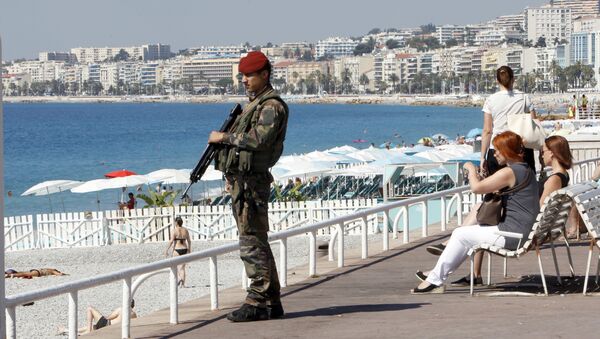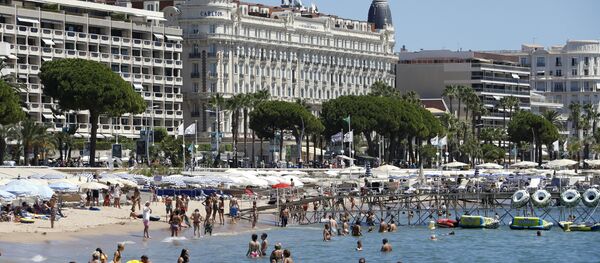The attacks following one after another in recent weeks forced thousands of tourists who were going to visit European countries to quickly change their plans.
In spring 2016, media warned that Daesh terrorists were planning terrorist attacks in European holiday resorts to intimidate people and cause panic among Europeans.
A series of terrorist attacks also took place in Germany.
On Friday, an 18-year-old German-Iranian man opened fire in a crowded Munich shopping mall and a nearby McDonald's, killing nine and injuring over 30 others before committing suicide. German police denied rumors connecting the perpetrator to terrorist organizations.
On Sunday, a Syrian national whose asylum application had been turned down and who was to be deported to Bulgaria after living in Germany for a year, detonated a bomb in the Bavarian city of Ansbach, killing himself and wounding 15 bystanders.
The same day, another Syrian refugee killed a female colleague with a machete in the southern city of Reutlingen, near Stuttgart.
However, fear of terrorist attacks is not the only factor contributing to the decline in tourism, expert.ru reported. According to WSJ, economic troubles have also negatively affected the EU tourist industry with a growing number of Europeans finding it increasingly difficult to spare money for their holidays.
On June 23, the United Kingdom held a referendum on leaving the European Union. According to the final results, 51.9 percent of voters, or 17.4 million people, decided to support Brexit, while about 16.1 million opposed it.




